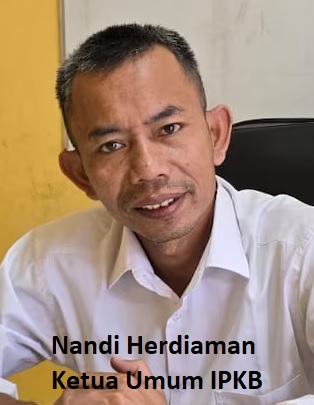The recent surge in cloth imports has prompted the Indonesian Trade Security Committee (KPPI) to begin an investigation into the extension of safety measures. "From the initial evidence of the request for an extension of the investigation submitted by API, KPPI obtained the fact that there was a surge in the number of imports of cloth products and serious losses or threats of serious losses suffered by the applicant," said KPPI Chairman Mardjoko, Wednesday (27/4/2022). The investigation was carried out after a request for an extension of the investigation submitted by the Indonesian Textile Association (API) representing producers producing domestic fabric products was submitted last week.
The investigation into the import of these fabrics includes 107 8-digit Harmonized System (HS) numbers, according to the 2017 Indonesian Customs Tariff Book (BTKI).
Of the 107 HS numbers divided into five segments of goods under investigation, namely woven fabrics from cotton; woven fabrics of synthetic and artificial staple fibres; woven fabrics of synthetic and artificial filament yarns; special woven and embroidered fabrics; and knitted fabrics.
He also added that this can be seen from several indicators of the performance of the domestic industry which have deteriorated during the 2019-2021 period.
These indicators include continuous financial losses caused by declining domestic production and sales volumes; an increase in ending inventory due to an increase in the number of unsold goods; decreased productivity; decreased capacity used; reduced number of workers; as well as the declining market share of applicants in the domestic market.
Currently, the API still needs additional time to optimally complete the previously promised structural adjustment program.
Quoting from data from the Central Statistics Agency during the period 2019-2021, there has been a decline in the number of imports of fabric products with a trend of 21.56 percent.
In 2019-2020, there was a decline in the number of imports by 42.58 percent. However, in 2020-2021, there will be an increase in the number of imports by 7.16 percent.
Most of Indonesia's cloth imports come from China, South Korea, Vietnam, Hong Kong, Taiwan, and Malaysia.
The largest number of cloth imports came from China with an import share of 48.87 percent in 2021, followed by South Korea 12.99 percent, Vietnam 9.98 percent, Hong Kong 9.45 percent, Taiwan 7.03 percent, and Malaysia 5.58 percent.
In this regard, KPPI invites all interested parties to register themselves as interested parties no later than 15 days from the date of this announcement.
Also submitted in writing to the KPPI Ministry of Trade of the Republic of Indonesia at Jalan MI Ridwan Rais number 5, Building I, 5th Floor, Jakarta 10110. Or you can contact telephone (021) 3857758 and e-mail This email address is being protected from spambots. You need JavaScript enabled to view it.









